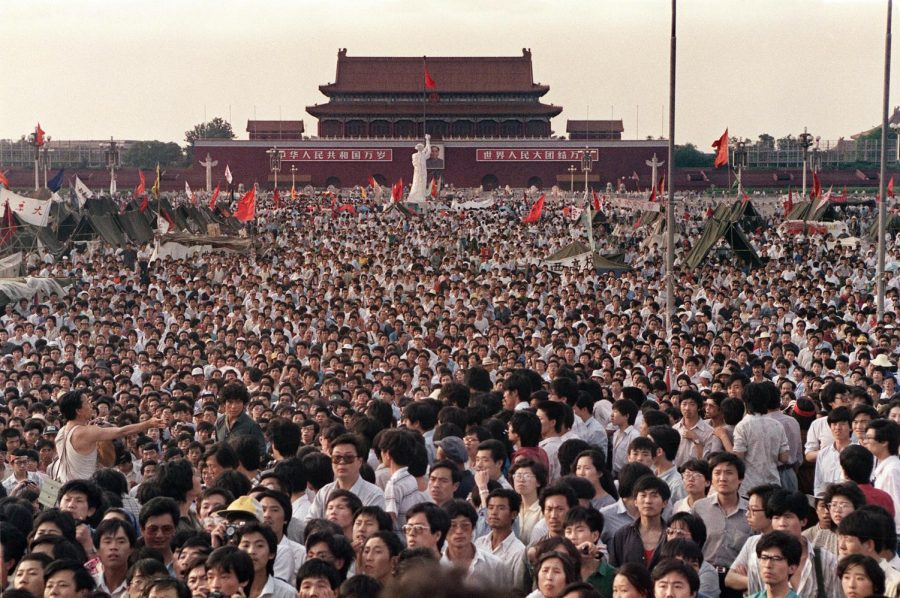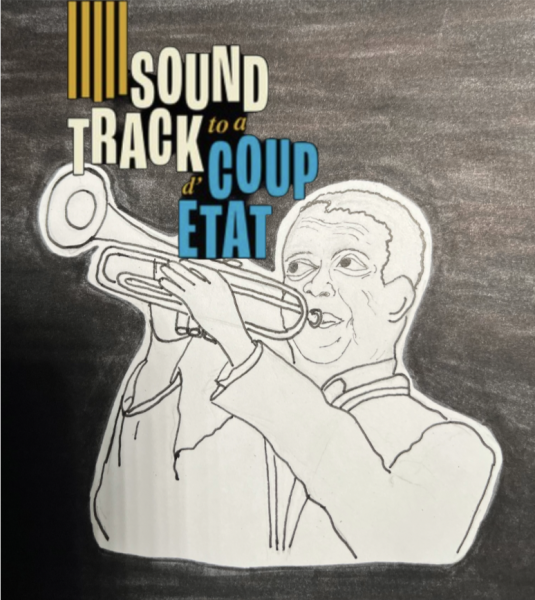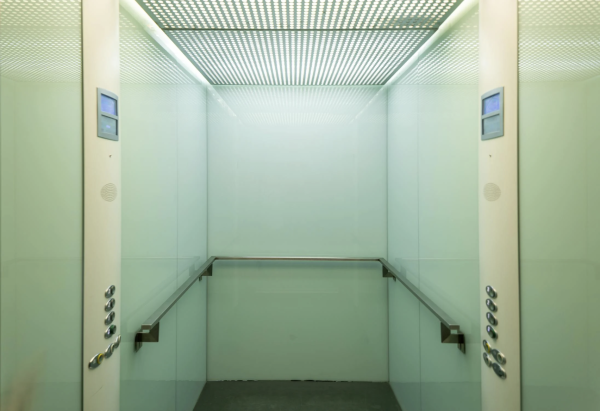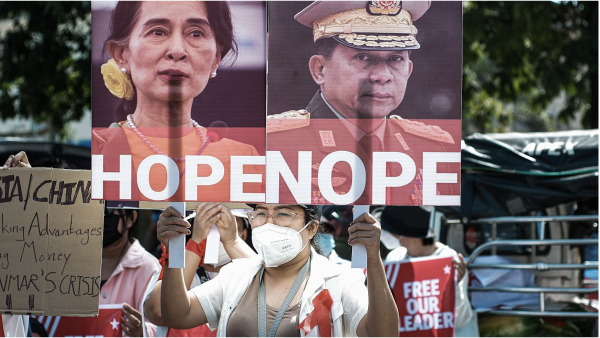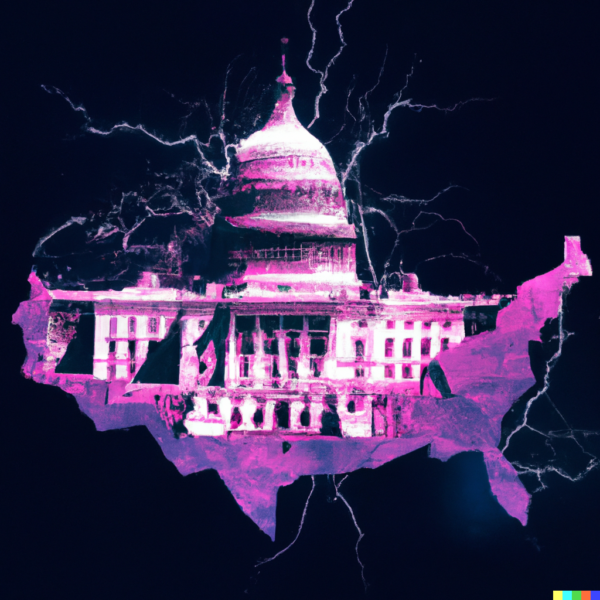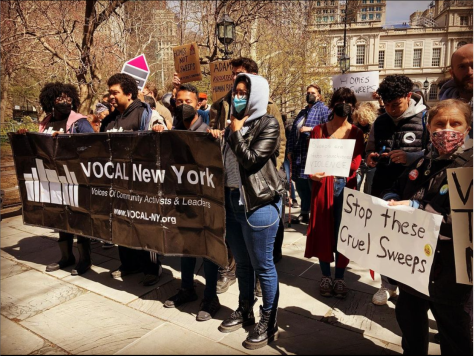Why we Must Remember Tiananmen for Those who Can’t
This year marks the 32nd anniversary of the Tiananmen Square Massacre, which took place on June 4th, 1989. Untold numbers of university students from all across China were brutally murdered in a night of horrific violence, ordered by the Chinese Communist Party (CCP).
Sparked by the death of Hu Yaobang, a Communist Party official who sought economic and political reforms to the rapidly growing country, a small movement to commemorate his legacy quickly morphed into over one million students in Beijing and across China, demanding liberalization and democracy. The protests lasted six weeks until the Chinese government decided they needed to act. Seeking to end the protests, the CCP, headed by leader Deng Xiaoping, declared martial law in Beijing and ordered the People’s Liberation Army (PLA) to clear the square using any means necessary. Upon their advance to the Square, students and bystanders were indiscriminately shot, bayoneted, and run over with tanks and armored personnel carriers by the PLA. The students were shocked and horrified at the army firing on its own people and some fought back, setting up bus blockades and setting military vehicles on fire. However, the students were quickly overwhelmed, and by the early morning, the square had been cleared of protestors.
Embed from Getty Images
There is no clear number on how many casualties there were in the early morning of June 4th. The Chinese government claims that only 241 people died, however other estimates were much higher, with a declassified cable later claiming a minimum of 10,000 people were killed.
This event marked a turning point in Chinese history. After a decade of economic reform, along with liberalization and wider freedoms, many people believed that China would continue to open up and eventually democratize. However, in the immediate aftermath of the massacre, this hope started to seem more and more like a pipe dream. Many liberal-minded Communist Party officials were purged, along with officials sympathetic to the protestors. Student leaders and protestors were swiftly arrested and imprisoned. Power was consolidated, with the government reestablishing its iron fist over public and private newspapers. Peter Turnley, a photojournalist who was present in Beijing during the protests and subsequent massacre, recalls how the climate shifted: “The atmosphere changed completely. No one would look you in the eye or speak to you.” It was as if the flame of China’s democratization was snuffed out overnight.
From that day on, any mention of the massacre became illegal. An entire movement was wiped from the history books, and when needed to be uttered, only referred to as no more than an “incident” (事件). Today, 32 years later, the official attitude towards the Tiananmen Square Massacre remains the same, and thanks to advances in technology, censorship in the form of the Great Firewall has only made the job easier. A search on Baidu (a widely used Chinese search engine) today yields zero results on the matter. Clever netizens have tried to skirt around the censors, using clever puns such as “May 35”, and the number “8964”. However, public support can mean a visit from the police, or even prison time. As the years tick by, it’s more and more clear that the censorship is working, especially on the younger generation. Many mainland Chinese citizens visiting a museum dedicated to memorializing the event in Hong Kong are regularly shocked by what they see, as it is more than likely that this is their first exposure to the heavily censored topic.
However, that museum may not exist for much longer. Self-governed Hong Kong was once a bastion for free speech and criticism against the Chinese government, including the topic of Tiananmen. Even though China had agreed for Hong Kong to have “a high degree of autonomy” for 50 years from the 1997 handover from the British until 2047, it’s clear that the Chinese government has been slowly increasing its influence over the autonomous region, even before control is fully handed back. Because commemorating the massacre is banned outright in mainland China, historically, Hong Kong was where the largest annual commemoration of the massacre in the world took place, sometimes drawing over 200,000 people since it commenced in 1990. However, in an unprecedented move on June 1, 2020, the Hong Kong Police Force banned the annual vigil under the guise of social distancing. Hong Kongers were not so convinced by the reasoning. The announcement came only a few weeks after the unveiling of a National Security Law at the National People’s Congress in Beijing, clearly aimed at repressing freedoms through the use of broad, ambiguous terms. After going into effect on June 30, 2020, its effects on freedoms in the autonomous region have been profound. Pro-democracy leaders were swiftly arrested, with some imprisoned to this day, and all legislators opposed to Beijing’s influence have been either expelled, disqualified from running, or imprisoned. It comes as no surprise that once again, this year’s vigil has been banned, citing coronavirus as an excuse. Anyone’s guess is as good as mine if the vigils will continue after coronavirus, but I’m not holding my breath.
Today it’s more clear than ever that we need to keep the memory of June 4th alive, now that it is illegal to remember where it was once memorialized most. People must remember that the party in control of China today is the same party that ordered this tragedy 32 years ago. You may wonder why I’ve chosen to stay anonymous for this piece. Because I am a student of Chinese descent, with relatives still living in China, I have no choice but to protect their identities. Shocking as this may be, it’s not uncommon for dissidents abroad to have their family inside China be threatened, imprisoned, or worse, in retribution for activism against the party.
We cannot let this event be lost to history like the many other atrocities committed by dictatorial regimes around the world.
Remember Tiananmen Square. Remember for the people of China, where 32 years later, it is still illegal to commemorate. Remember for the people of Hong Kong, who have been stripped of their freedoms. Remember for those who can’t. Never forgive, never forget.



